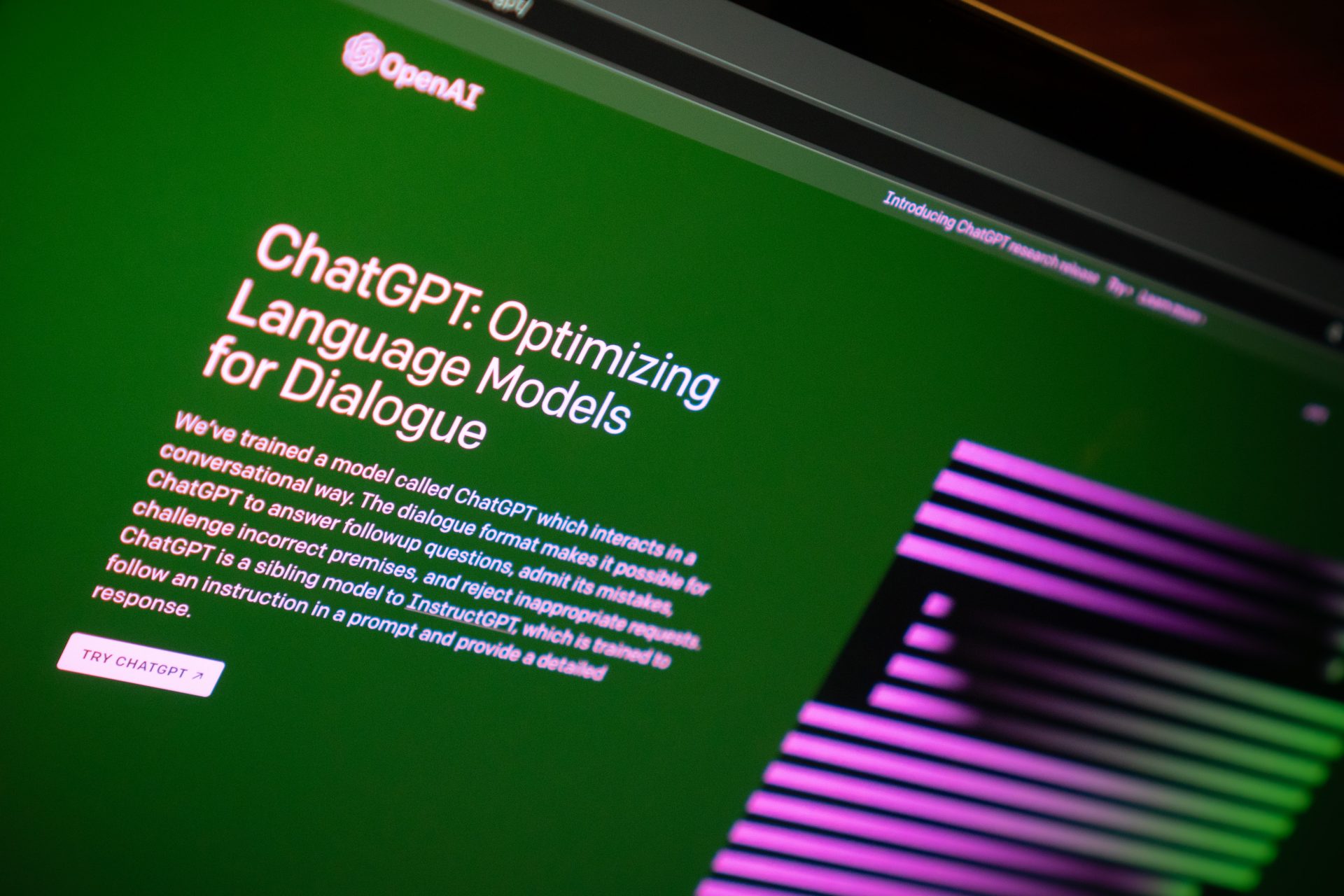Wolters Kluwer, a provider of information, software, and services for professionals, has collaborated with The Institute of Internal Auditors’ Internal Audit Foundation on a research report: Harnessing Generative AI for Internal Audit Activities. The report explores the use, implementation and governance of GenAI within organizations and internal audit functions. Notably, half of internal audit leaders surveyed confirmed that their organizations were either fully or partially implementing GenAI; however, only 17% reported having introduced an organization-wide policy governing the use of GenAI.
Frans Klaassen, Senior Vice President and General Manager, Wolters Kluwer Audit & Assurance, said: “The findings of our research show that AI represents a dual opportunity for audit teams: helping safeguard the use of AI within their organizations, and leveraging the technology to benefit and enhance audit operations. The time to seize this unique opportunity is here. Internal audit is well-positioned to provide supporting advisory services on AI adoption, governance, and controls. To realize the transformative potential of AI, auditors will need access to advanced, secure technologies to optimize their operations. We are committed to continuous innovation and excellence in product development to support audit teams globally.”
Anthony Pugliese, President and CEO of The Institute of Internal Auditors, said: “With 76 percent of internal auditors identifying as novices or beginners in using GenAI tools, professionals must upskill and enhance their proficiency as organizations increasingly adopt this technology. By exploring the integration of GenAI tools into audit practices, practitioners can gain insight into the risks and potential benefits this technology presents to organizations.”
Key findings of the report, Harnessing Generative AI for internal audit activities, include:
The role of audit in managing risk: GenAI use ahead of GenAI governance
50% of respondents indicated their organizations were partially or fully implementing GenAI. However, only 17% reported having an organization-wide policy governing the use of GenAI, while 19% reported that guidance was available only at the individual department level. This suggests the opportunity is ripe for internal audit to provide advisory services to help organizations understand, manage, and govern potential risks associated with GenAI usage.
Adding value: Planning and Reporting are key AI use cases for auditors
The research revealed that roughly 26% of auditors are already using AI within their audit activities while around 36% are researching the future use of AI. Notably, roughly 31% of respondents are already auditing the use of AI within their organizations or providing advisory services related to AI projects. Of those already using GenAI or researching its future use to support audit activities, the key areas where GenAI was being employed, or planned to be employed, were planning (identified by 78% of respondents), reporting (75%) and fieldwork (72%).
The time to act is now. Upskilling needed to advance GenAI implementation
Seventy-six percent (76%) of audit leaders surveyed reported their GenAI skills as novice or beginner, indicating they had either no knowledge or only a basic familiarity with the technology. Additionally, roughly 7% indicated their organizations were in the advanced or full implementation stages of GenAI apportion. This indicates a significant opportunity for internal auditors to enhance their skills, enabling them to provide relevant and impactful influence on driving adoption and harnessing the potential of GenAI within their organizations.
Departmental autonomy vs organizational authority: large companies leading the charge on organization-wide AI guidance
The research shows that the largest companies (over 50,000 employees) are choosing organizational-wide AI governance (37%) overdepartment-led AI governance (22%). However, respondents from companies with 50,000 employees or fewer reported the opposite trend. For companies with 10,001 to 50,000 employees, 24% have departmental AI governance vs 21% with an organization-wide policy. For the smallest companies with 500 or fewer employees, 19% have departmental AI governance vs 11% with an organization-wide policy.
Thanks for reading CPA Practice Advisor!
Subscribe Already registered? Log In
Need more information? Read the FAQs




